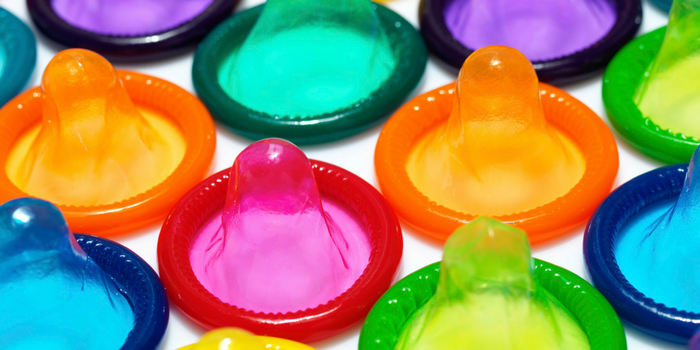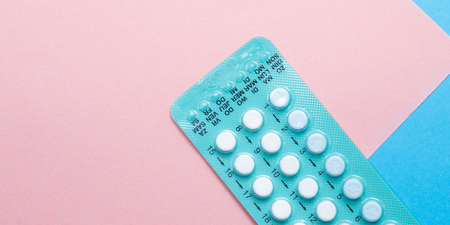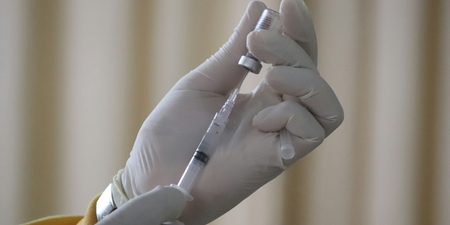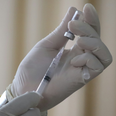Get the lowdown.
What is genital herpes?
Genital herpes is an infection of the genitals and surrounding area of the skin. It is caused by the herpes simplex virus and can also affect the buttocks and the anus.
There are two types of the virus: Type 1 is usually the cause of cold sores around the mouth and can also cause up to half of the cases of genital herpes.
Type 2 of the virus usually only causes genital herpes and can only sometimes cause cold sores.
How do you get genital herpes?
Genital herpes is passed on by skin-to-skin contact with someone who is already infected. The skin around the mouth and genitals is the most susceptible to the infection. The virus is usually passed on by having vaginal, oral or anal sex or even just close genital contact with someone.
The virus can also enter through a cut or break in the skin.

What are the symptoms of genital herpes?
Many people infected with the virus never have any symptoms. However, if symptom do occur they can be anything from slight soreness to painful blisters on the genitals and surrounding areas.
Symptoms can last for up to two to three weeks and can reoccur in some cases. Following the primary infection the virus is not cleared from the body but lies dormant in a nearby nerve. The virus can sometime activate from time-to-time which can cause recurrent symptoms.
It must be noted that most people to not develop any symptoms at all and at least eight in ten people do not know that they have been infected.
Do genital herpes cause any complications?
In a small number of people it is possible for the infection to spread to other parts of the skin. Sometimes, the blisters may become infected by bacteria and other germs and may cause a skin infection.
Genital herpes does not however damage the womb or cause infertility.

How do I get tested for genital herpes?
A blister can be swabbed by your doctor or nurse in order to get a sample. This can confirm the presence of the herpes simplex virus. You can also be tested for other STIs at the same time.
How are genital herpes treated?
Painkillers can be used to treat the pain while your local pharmacy will have ointment available to relieve itching or pain. Antiviral medication can also be used and is usually a five-day course and medication should be started as soon as any symptoms begin.
How can I prevent genital herpes?
To protect against genital herpes you should always use a new condom and ensure it is correctly fitted each time you have sex.




















































